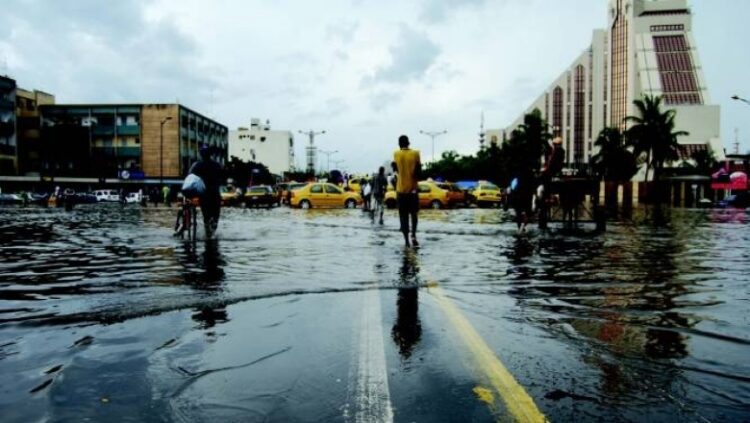Water security is the bedrock of Senegal’s development and key to its socio-economic development goals. Deteriorating water resources and an inadequate institutional framework, however, are threatening both the country’s water security and economic growth. While the national socio-economic development plan (Plan Senegal Emergent – PSE) aims to mobilize “abundant, good quality water for all, everywhere, and for all uses in a healthy, sustainable living environment” by 2035, it does not take into account constraints linked to water resources availability or management.
Against this backdrop, the Government of Senegal, through the Ministry of Water and Sanitation (MEA), requested World Bank support to carry out a study on water security. Challenges and Recommendations for Water Security in Senegal at National Level and in the Dakar-Mbour-Thiès Triangle assesses the attention given to water resource management and identifies barriers to achieving water security. The study also takes a closer look at the Greater Dakar region, where achieving water security will be most critical to development.
In Senegal, surface water is the main water source for agriculture, but during periods of low rainfall, there is not enough to meet demand, especially for irrigation water in the Senegal River Basin. Groundwater supplies 85 percent of potable water and most industrial uses, but is threatened by overuse and pollution. Current water withdrawals are projected to increase by 30 to 60 percent by 2035, exacerbating water stress and straining the country’s ability to meet the demand of a quickly urbanizing population. Water-related extreme events and pollution already cost Senegal over 10 percent of GDP every year, and the COVID-19 pandemic has intensified the problem.
Nowhere are water security issues more prevalent than in the Dakar-Mbour-Thies (DMT) triangle, which comprises more than half of the Senegalese population and economic activity. Fifty percent of Senegal’s GDP production originates in this area, which has enjoyed a growth rate of four percent per year over the last decade. But the DMT has battled a water deficit since 2011 and faces key water security risks, including overexploited and polluted aquifers and endangered wetlands and ecosystems. The Lac de Guiers, which provides about 40 percent of the area’s water supply, is threatened by pollution and competing demands for resources.
The study finds that because water demand in Senegal already exceeds available resources, it is essential to diversify supply. A circular economy approach to water security could bring enormous benefits, helping the country develop wastewater reuse for aquifer recharge and irrigation, while capitalizing on wetlands and green infrastructure to improve stormwater management and capture. Recommendations from the report include loss reduction and efficiency measures, fit-for-purpose source allocation and the development of non-conventional resources such as desalination and wastewater recycling. In the DMT, a multisectoral and multi-actor collaboration platform with a view to strengthening water governance is needed to restore and maintain the balance between the use of water resources today and their protection for future uses.
As one of the fastest growing economies in Africa, Senegal is poised to become a key trade hub with a strong technology sector. But this won’t be possible without addressing water challenges. Achieving water security will require investments for resilient growth and key actions around institutions, specifically, in-depth reforms of the legal and organizational frameworks for water and sanitation services. The World Bank remains committed to support Senegal as it develops long-term strategies for sustainable water resources management.
Source link : https://www.worldbank.org/en/topic/water/publication/water-security-in-senegal-challenges-and-recommendations
Author :
Publish date : 2022-03-16 07:00:00
Copyright for syndicated content belongs to the linked Source.
